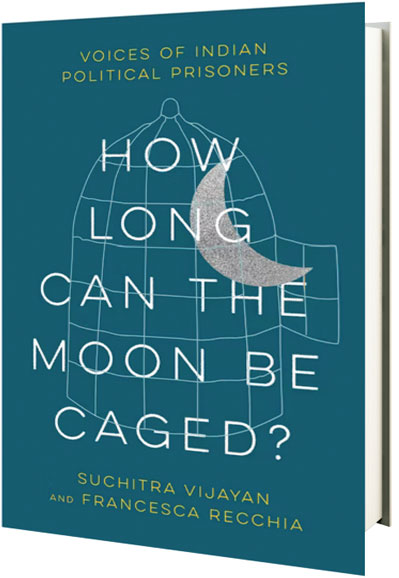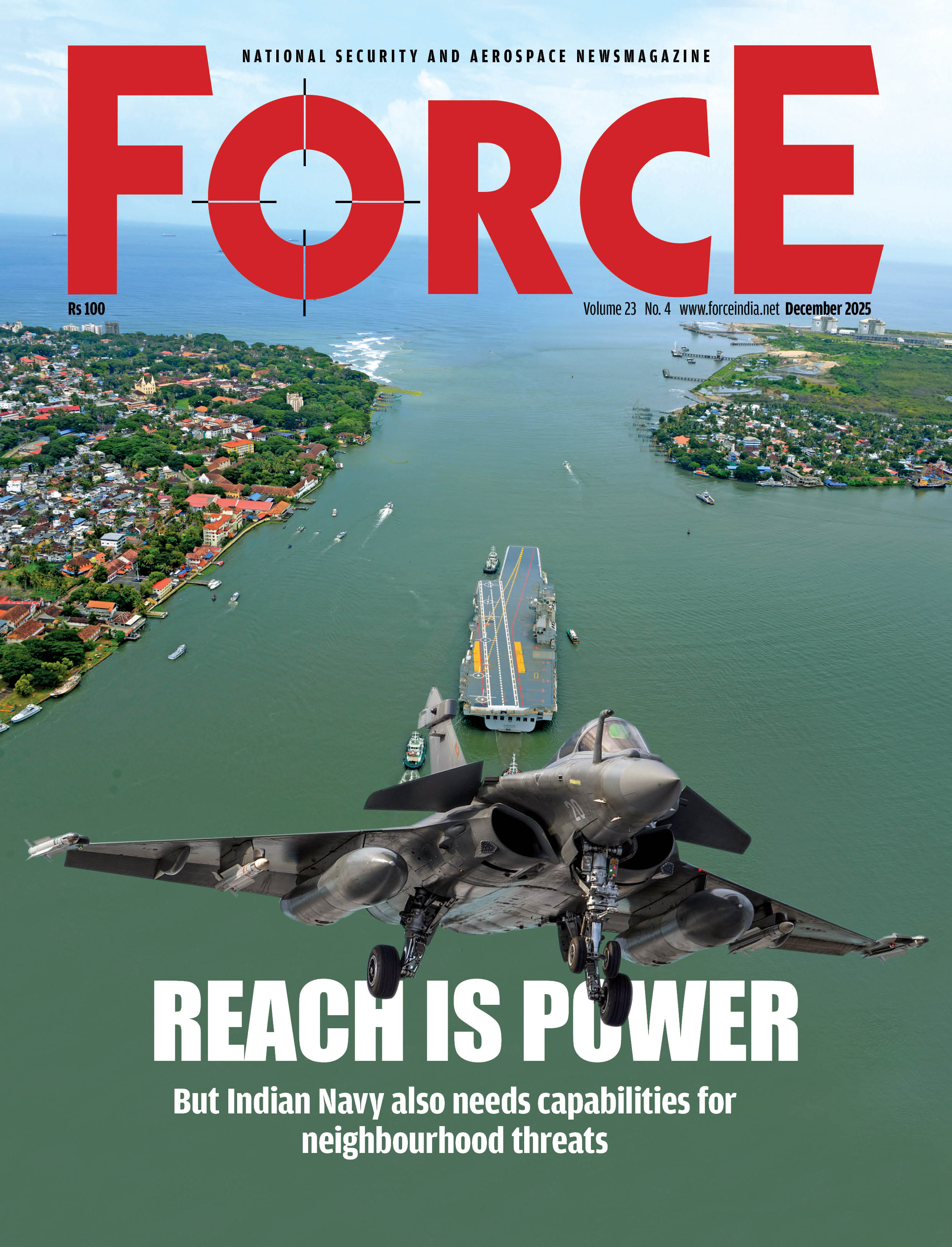Burden of Truth
What the voices of India’s political prisoners say about freedom. An extract
Suchitra Vijayan and Francesca Recchia

In a statement of unusual candour, retired Major General Rajan Kochhar said, ‘It would be premature right now to equate a civil society in the same category as terror groups and insurgents. We should all be alarmed by Kochhar’s argument that the equation between civil society and terror groups is only ‘premature’ now not inconceivable.
This statement is not the isolated musing of an ultraconservative retired army officer. Rather, it follows quite closely the path marked by no less than the National Security Advisor (NSA) of India, Ajit Doval.
In a November 2021 address to the probationary officers at the Sardar Vallabhbhai Patel National Police Academy in Hyderabad, Doval had declared: ‘People are most important. The new frontiers of war—what we call the fourth-generation warfare—is the civil society.’ As military wars are too uncertain and costly or no longer effective, civil society is the new battleground as it ‘can be subverted, divided, and can be manipulated, to hurt the interest of the nation.’
Fourth-generation warfare is defined as a kind of conflict where the lines between war and politics, civilians and combatants blur and where non-state actors are no longer proxies, but the main threat to the very existence of a country. In Doval’s speech, the language of war openly enters the public domain and defines the terms of the debate about political opposition and critical dissent. Civil society—which is meant to be the very soul of a functioning democracy—thus turns into a potential enemy the state, into a
Subscribe To Force
Fuel Fearless Journalism with Your Yearly Subscription
SUBSCRIBE NOW
We don’t tell you how to do your job…
But we put the environment in which you do your job in perspective, so that when you step out you do so with the complete picture.







